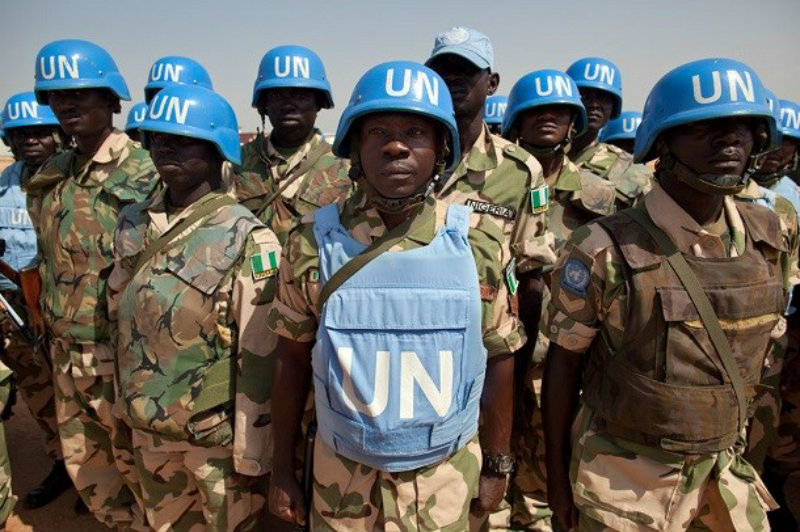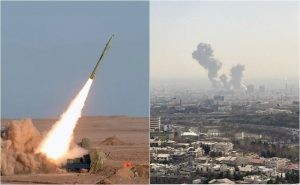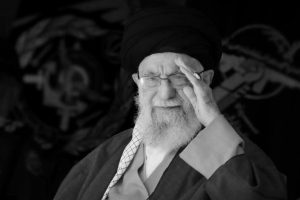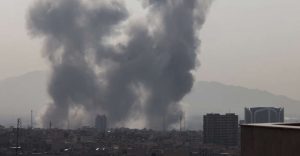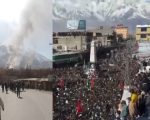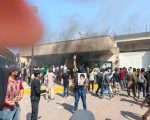UNITED NATIONS (Web Desk) – The United Nations Security Council on Saturday passed its first-ever resolution to tackle an escalating problem of sexual abuse by peacekeepers assigned to protect civilians in countries where there is conflict.
The UN has been under pressure for months over allegations of child rape and other abuses by its troops, especially those based in Central African Republic and the Democratic Republic of Congo.

It said there were 99 allegations of sexual abuse and exploitation by the so-called blue helmets in 2015, with an additional 25 allegations so far this year.
UN Secretary-General Ban Ki-moon called the resolution “a significant step in our collective efforts to combat the terrible damage caused to victims of sexual exploitation and abuse”.
Ban pledged to ensure protection and support for those who have been abused, his spokesman said on Saturday.
The decree was approved by a vote of 14-0, with Egypt abstaining after a last-minute amendment it proposed, which would have weakened the text, was defeated, the Aljazeera reported.

The US-drafted resolution endorses Ban’s plan for reform, including his decision to repatriate military or police units “where there is credible evidence of widespread or systemic sexual exploitation and abuse”.
It also asks Ban to replace contingents when allegations are not properly investigated, perpetrators are not held accountable or the secretary-general is not informed on the progress of investigations.
The Egyptian amendment would have required that all three conditions are met before a military or police unit is sent home, not just one of them as now required.
It is up to the home country of the soldier or police officer to conduct the investigation and determine the punishment if allegations of sexual abuse or exploitation are proven.
More than 100,000 troops and police are currently active in UN peacekeeping operations.
As part of the reforms, the UN has for the first time started naming the countries of alleged perpetrators, a move meant to pressure states to pursue allegations that, UN records show, they often have let slide.
Ban has also pledged to speed up investigations and to make information available about outstanding allegations on a new website.
Egypt, Russia and several other countries had argued that the council resolution would punish thousands of peacekeepers for the actions of a few.
They say the issue should be addressed in the General Assembly instead. But General Assembly actions are not legally binding, while Security Council resolutions are.
“Today is a step in the right direction,” Amnesty International’s crisis response director Tirana Hassan said, “but it will still require significant reform throughout the UN system.”

